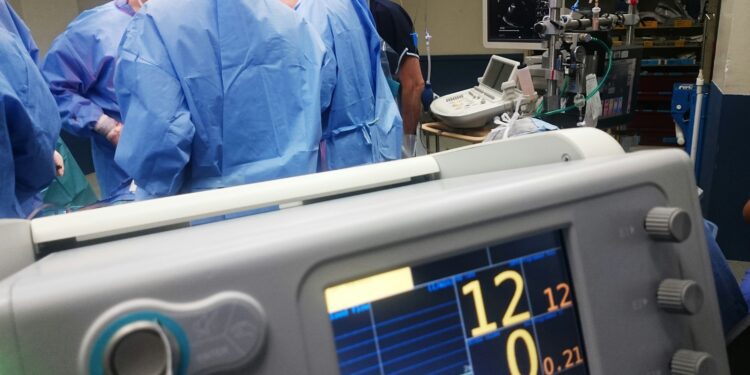Artificial intelligence (AI) has revolutionized various industries, and healthcare is no exception. With advancements in technology, AI is expected to reshape the field of medicine, making it more efficient and productive. However, there are concerns that this focus on productivity may compromise patient perceptions and the quality of care.
True, AI has the potential to streamline various healthcare processes, from diagnosis to treatment. By analyzing vast amounts of data, AI algorithms can quickly identify patterns and make accurate predictions, leading to faster and more effective diagnoses. This efficiency allows healthcare professionals to make timely decisions, potentially saving lives.
With the advent of artificial intelligence in healthcare, the potential for increased efficiency and effectiveness in medical practices is undeniable. However, it is important to acknowledge the concerns that arise regarding the impact of AI on the human aspect of patient care. Many individuals may feel uneasy about the idea of AI tools becoming their main point of contact for healthcare services. The fear stems from the apprehension that crucial interpersonal qualities, like empathy and compassion, which are inherent in healthcare professionals, may be overshadowed by the cold and logical nature of AI algorithms. There is a genuine worry that patients may not receive the same level of understanding and emotional support that they would from a human healthcare provider.
While AI can greatly improve diagnosis, treatment, and overall healthcare outcomes, it is crucial to strike a balance between leveraging the benefits of AI and preserving the vital human connection that is at the core of patient care. The integration of AI in healthcare should be guided by the aim of complementing rather than replacing human healthcare professionals, ensuring that patients continue to receive the comprehensive care they need.
In essence, the healthcare sector was never designed to operate at absolute efficiency – a modicum of leeway or slack is always necessary. This concept of slack is primarily observed in systems thinking, an advanced yet largely underappreciated field of engineering.
Governed by societal norms that extol productivity and effectiveness as the ultimate pursuit, we commonly misinterpret such supposed efficiency as improvements in our daily functions; yet there exists a far more intricate principle known as slack. This theory underscores the criticality of refraining from overstressing maximum efficiency across all aspects of any system, especially when human involvement is substantial – for instance during patient interactions.
One of the most well-known instances of this phenomenon can be seen in the burnout experienced by employees in retail pharmacies when they attempt to introduce productivity metrics. When these metrics are implemented, it places an excessive burden on pharmacy staff, forcing them to rush through the process of filling prescriptions. Unfortunately, this hurried pace often results in an uptick in errors and mistakes. It is ironic that when we strive to improve efficiency and productivity through rigorous measures, it unintentionally leads to chaos and disorder. This highlights the importance of allowing some leeway and flexibility within complicated systems like retail pharmacies in order to maintain a productive and well-organized environment.
Consequently, despite attempts to enhance healthcare through increased proficiency which may instinctively seem beneficial and progressive we face bewilderment with little discernible improvement – even with high-tech enhancements permeating every corner of the industry.
We must strike a balance between efficiency and patient-centered care. Healthcare systems should incorporate AI as a tool to augment healthcare professionals’ abilities, rather than replace them. Implementing AI technology should be accompanied by proper training and education for healthcare professionals to ensure they can effectively utilize the technology and maintain quality patient care.
While AI has the potential to revolutionize medicine and improve efficiency, it is crucial to strike a balance between productivity-focused healthcare and patient perceptions. Healthcare should remain centered on providing compassionate care and considering patients’ subjective experiences.
That’s not efficiency. That’s empathy. The latter should be the focus.
















